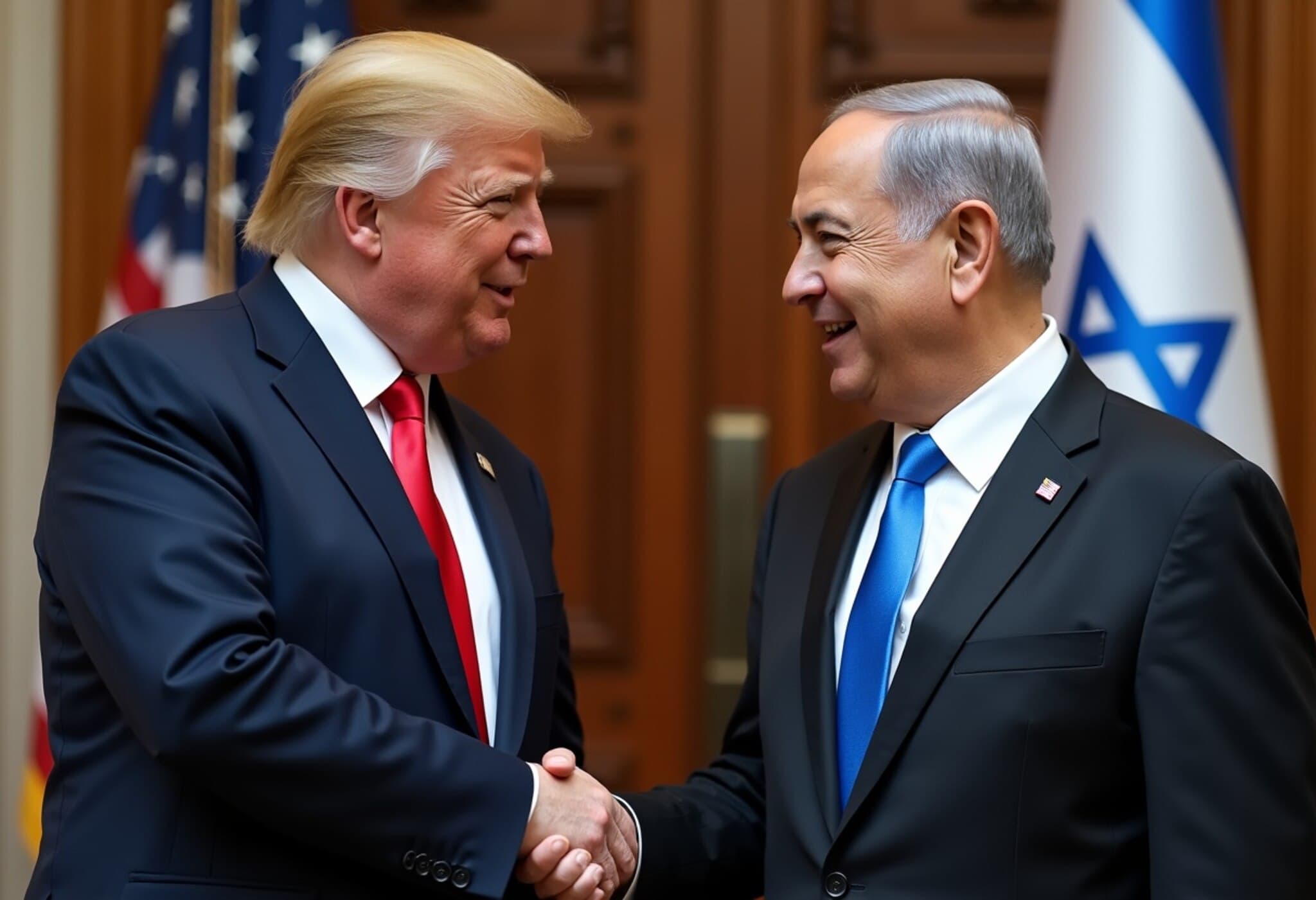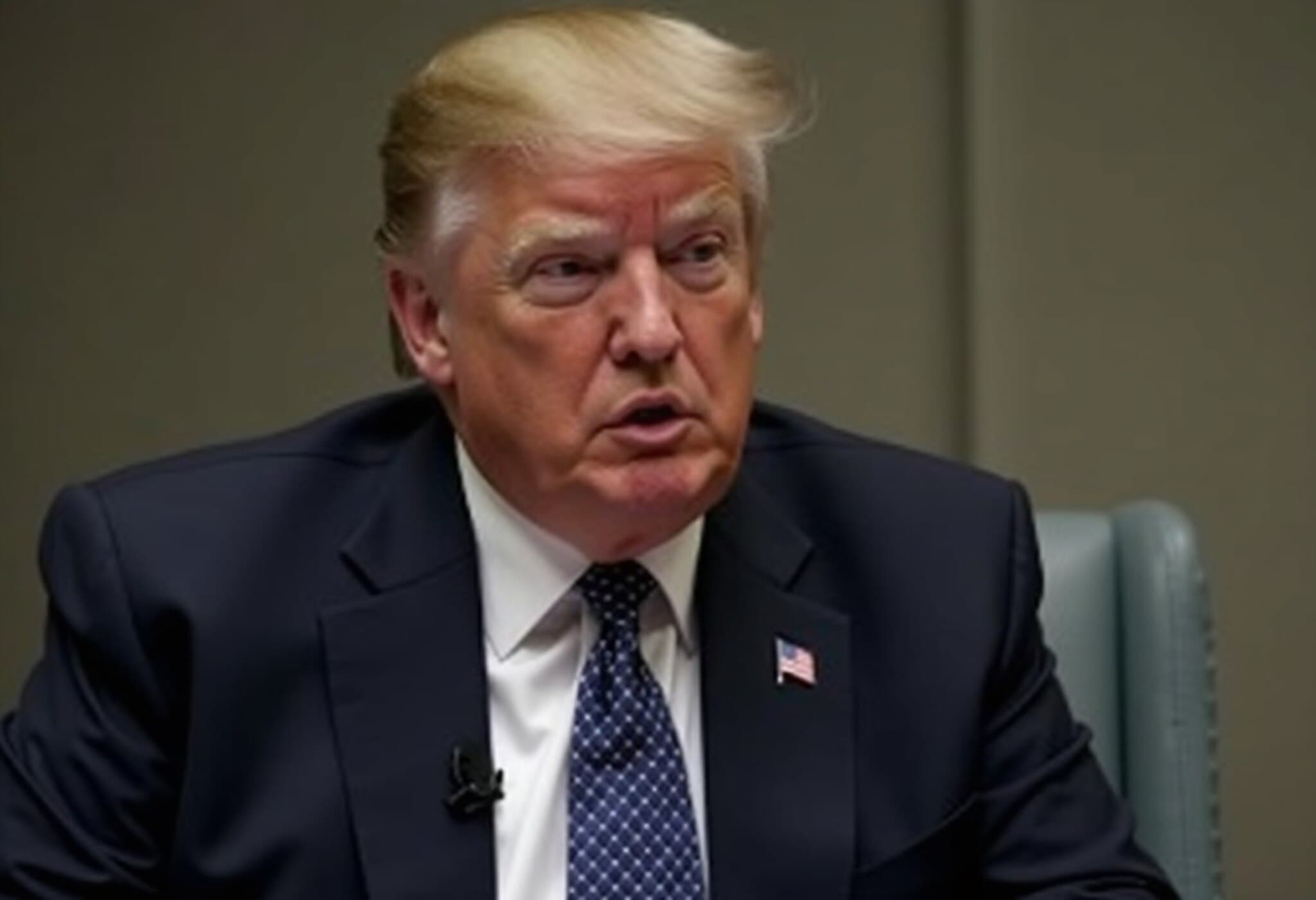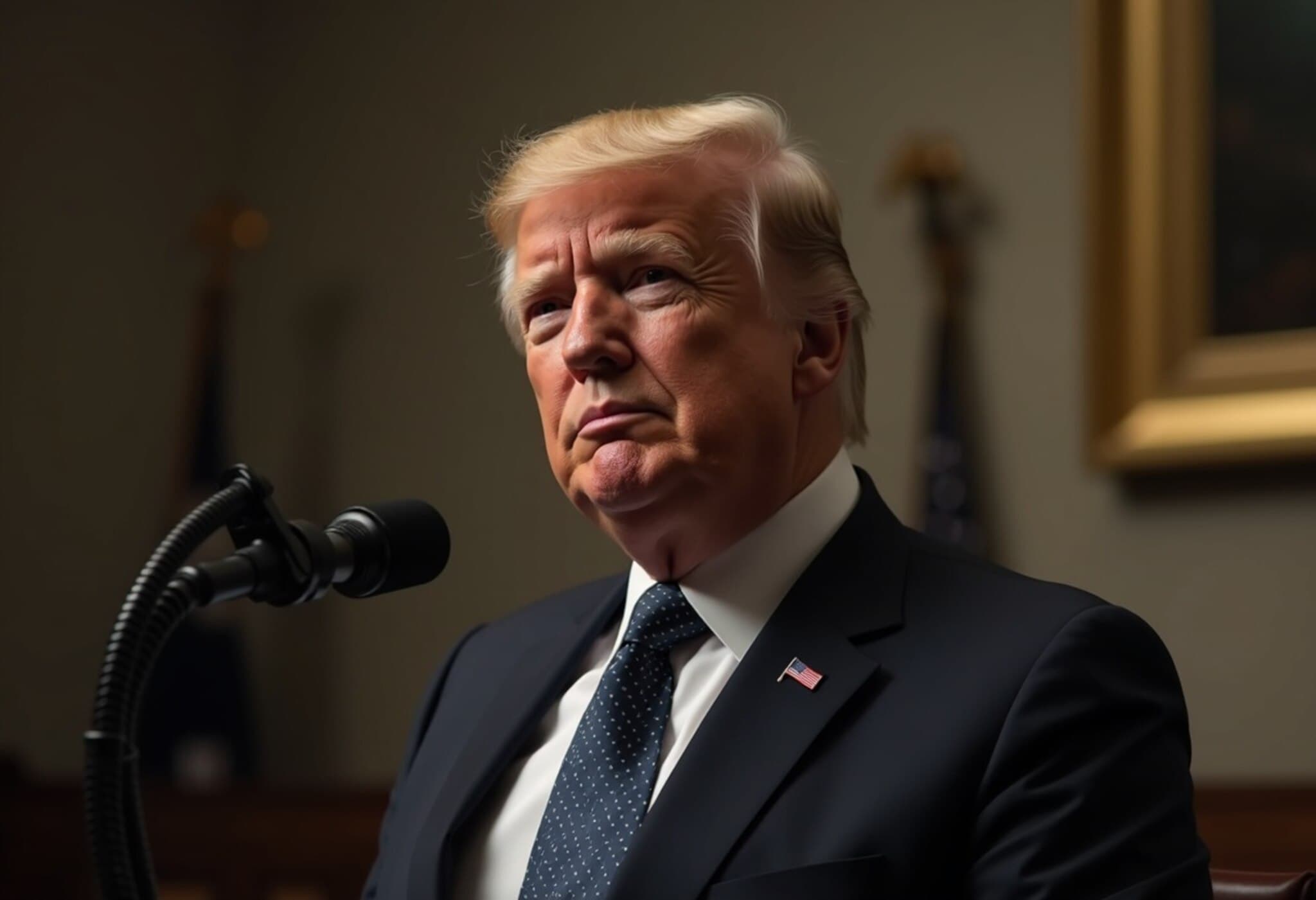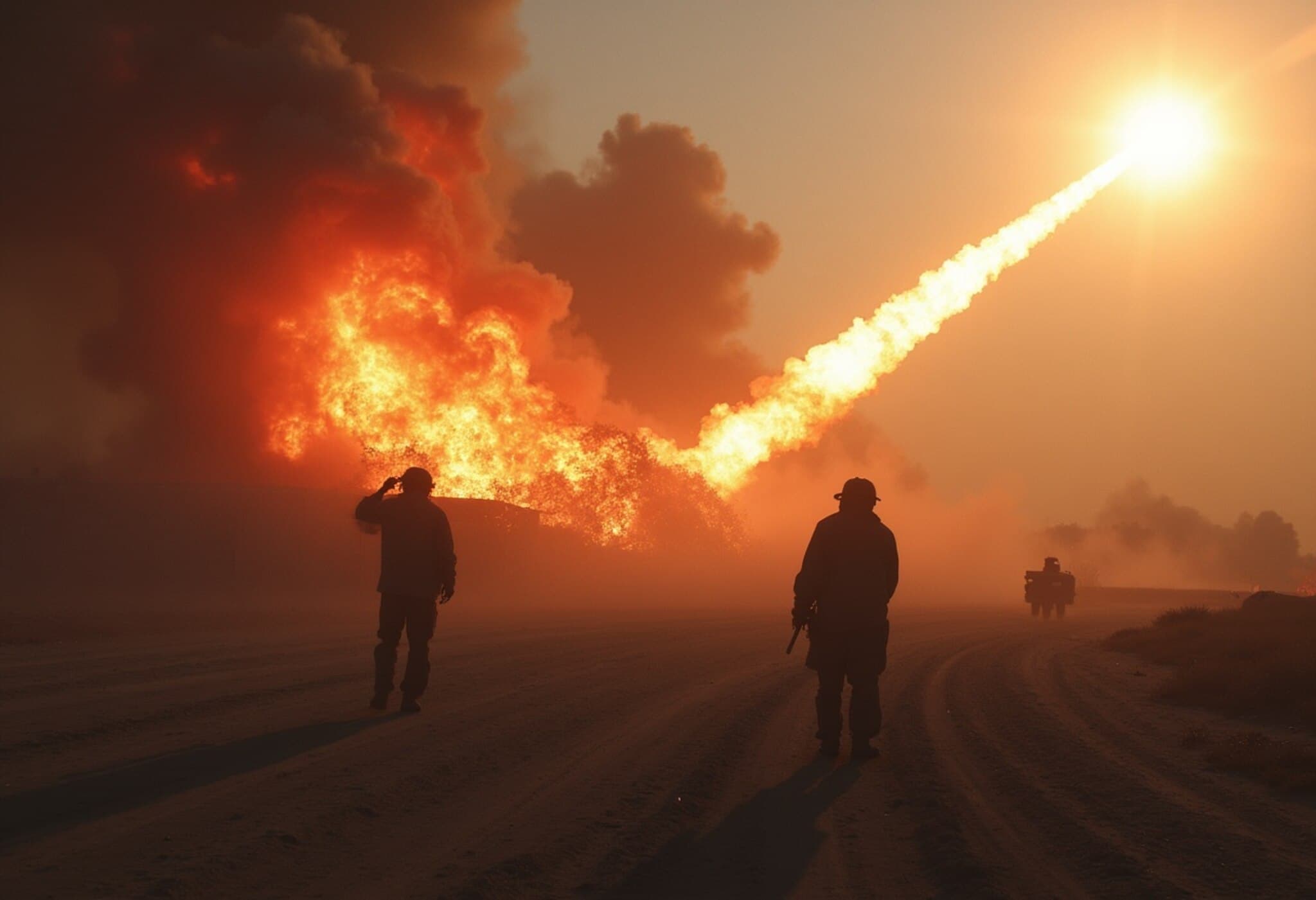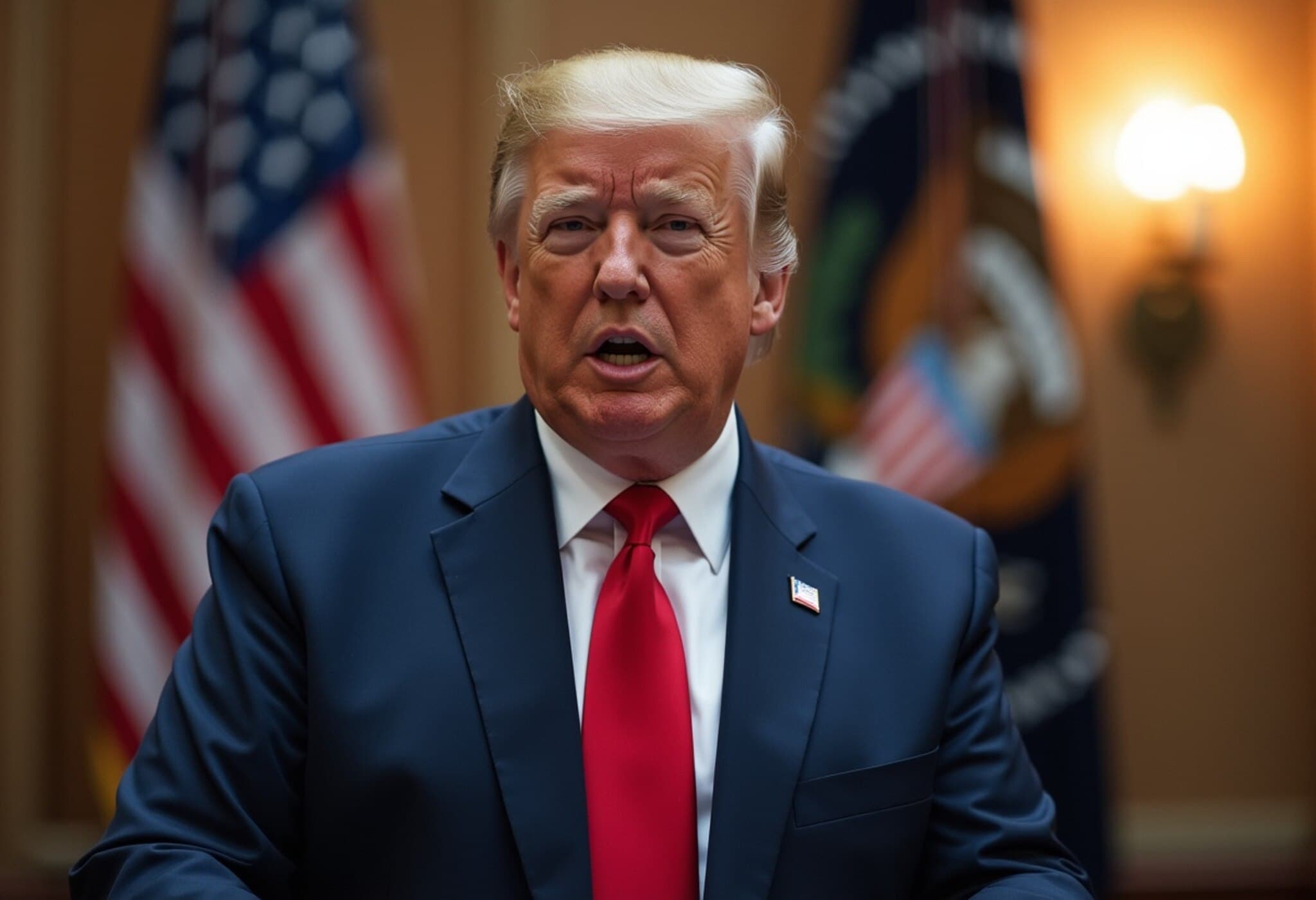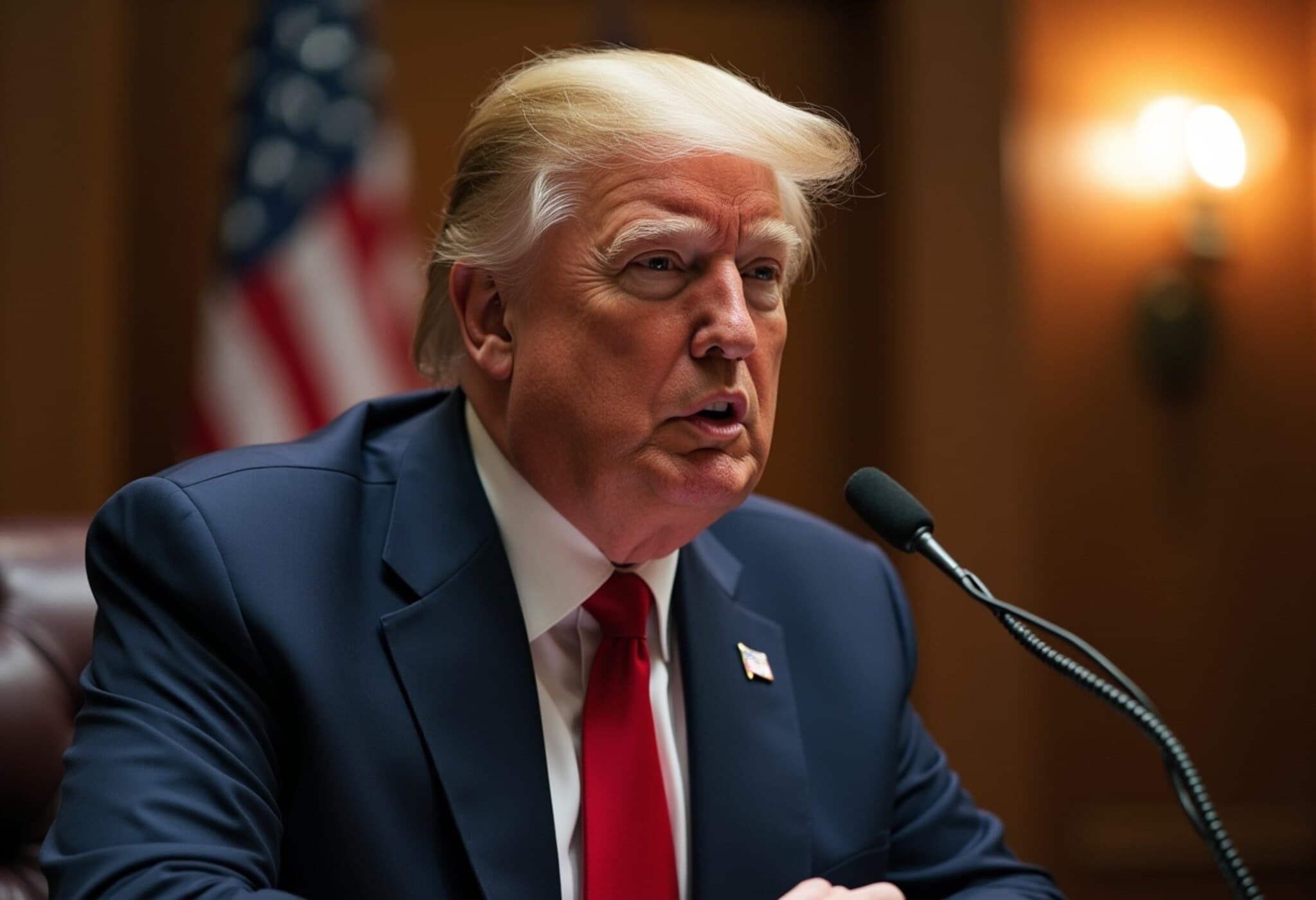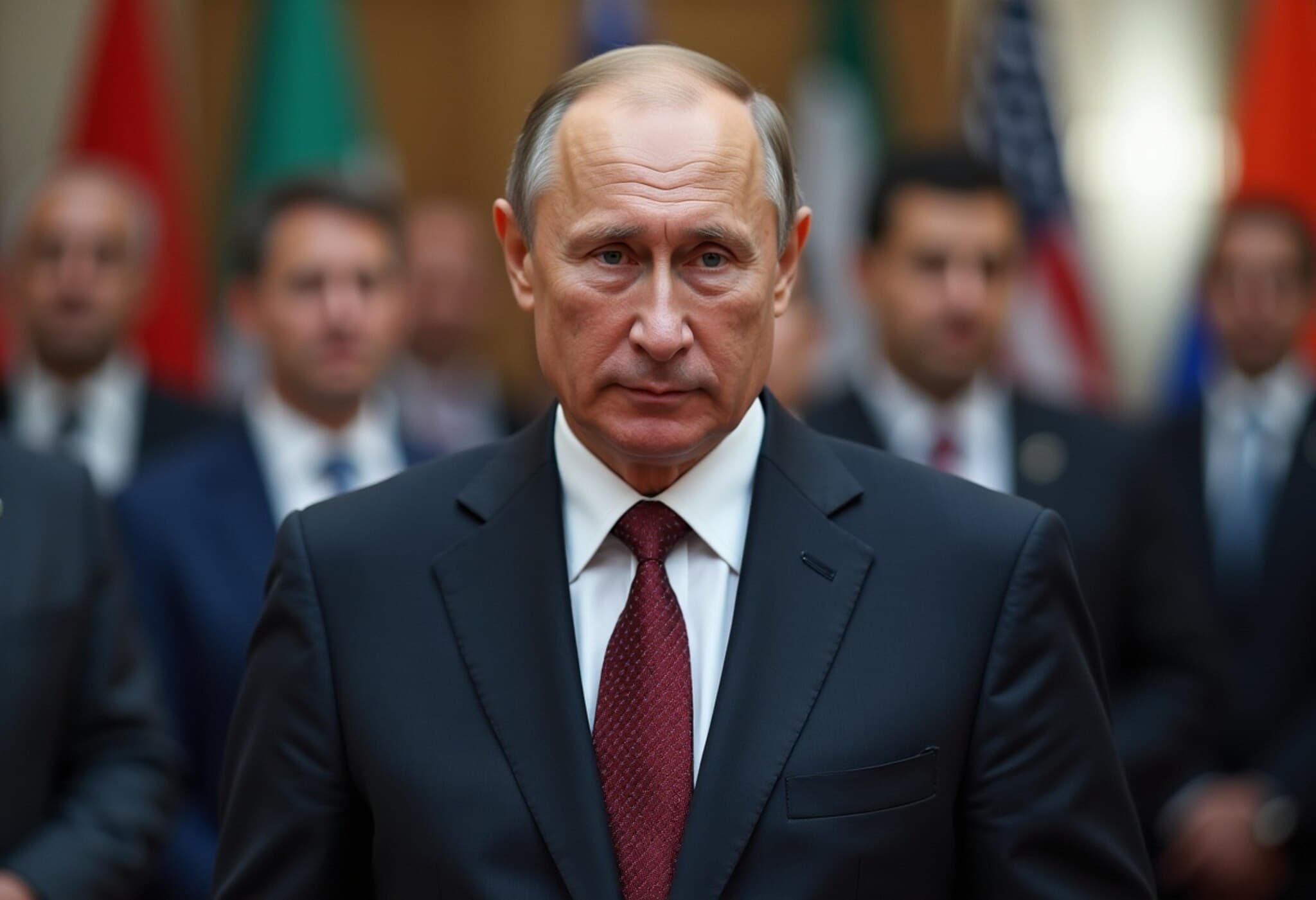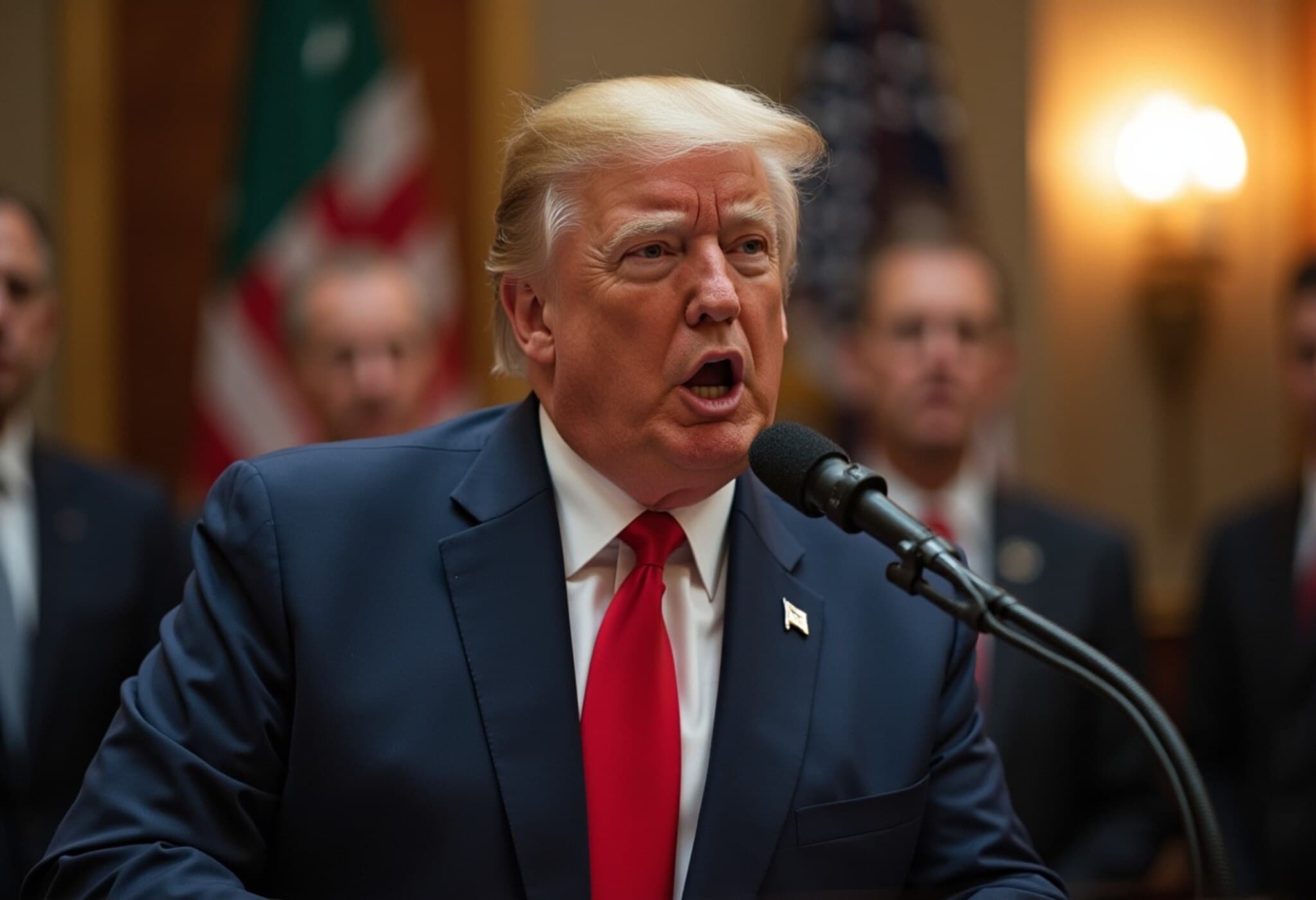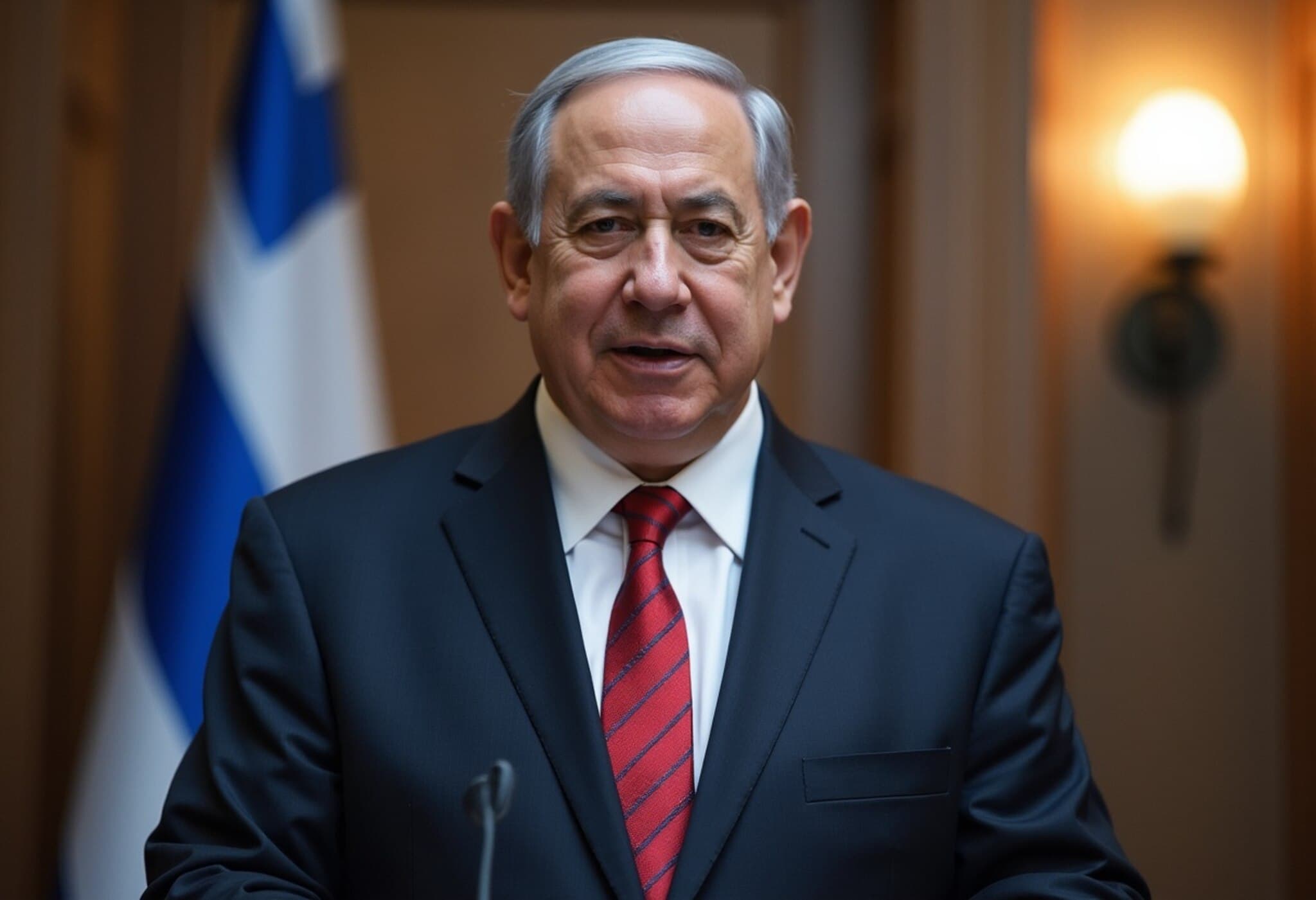Trump Calls for Calm, Rejects Regime Change in Iran
Former US President Donald Trump expressed his opposition to regime change in Iran during escalating tensions in the region. Speaking to reporters aboard Air Force One, Trump emphasized the risks of chaos that such an upheaval could trigger.
"If there was, there was, but no, I don't want it," Trump said, referring to regime change in Iran. "I'd like to see everything calm down as quickly as possible. Regime change takes chaos, and ideally, we don't want to see so much chaos."
Iran Signals Willingness to Resume Nuclear Talks Amid Ceasefire
In a move suggesting eagerness to ease tensions, Iran indicated its readiness to return to negotiations with the United States. This announcement coincided with a tentative ceasefire following a 12-day period marked by intense Israeli strikes targeting Iran's nuclear facilities.
Despite agreeing to reopen diplomatic channels, Iranian President Masoud Pezeshkian reaffirmed Iran’s determination to uphold its "legitimate rights" to peaceful nuclear energy, highlighting that negotiations would not compromise their sovereign claims.
Background: Conflict and Military Actions
The conflict ignited on June 13 when Israel launched a military campaign aimed at preventing Iran from acquiring nuclear weapons—an assertion Iran has consistently denied. The United States supported Israel by striking critical Iranian nuclear sites.
In retaliation, Iran fired missiles at a US military base in Qatar, marking a significant escalation. Following the attack, Trump urged both parties to de-escalate tensions and unveiled the framework for a ceasefire agreement just hours later.
Ceasefire Enforcement and Reactions
- Iran committed to honoring the truce if Israel reciprocated.
- Israel reported refraining from conducting further strikes.
- Both nations claimed some form of victory post-ceasefire.
Prime Minister Benjamin Netanyahu convened his cabinet to assert that Israel had accomplished "all the objectives of Operation Rising Lion and much more." Meanwhile, Iran's top security council announced that its forces compelled Israel to stand down unilaterally.
Impact and Casualties of the Conflict
This confrontation stands as the most destructive chapter in the longstanding covert conflict between Iran and Israel. Israeli air raids have reportedly resulted in the deaths of at least 610 civilians and injured over 4,700, based on Iranian health ministry data. Conversely, Iranian attacks on Israel have caused 28 fatalities, according to official and rescue sources.
Trump’s Response to Iranian Missile Strikes
Trump downplayed the Iranian missile attack on the US base, describing it as "weak," but nonetheless expressed gratitude for the prior warning Tehran provided. This relative restraint aligned with his swift announcement of the truce’s parameters, aiming to avoid wider conflict escalation.
The Iranian National Security Council noted that the missile barrage matched the number of US bombs dropped on Iranian targets, underscoring the tit-for-tat dynamic that has shaped this recent surge of violence.
Looking Ahead: Fragile Peace and Uncertain Future
As both sides step back from open hostilities, questions remain about the stability and longevity of the ceasefire. The willingness to recommence nuclear negotiations offers a glimmer of hope, but deep-rooted mistrust and regional tensions continue to cloud the path forward.










